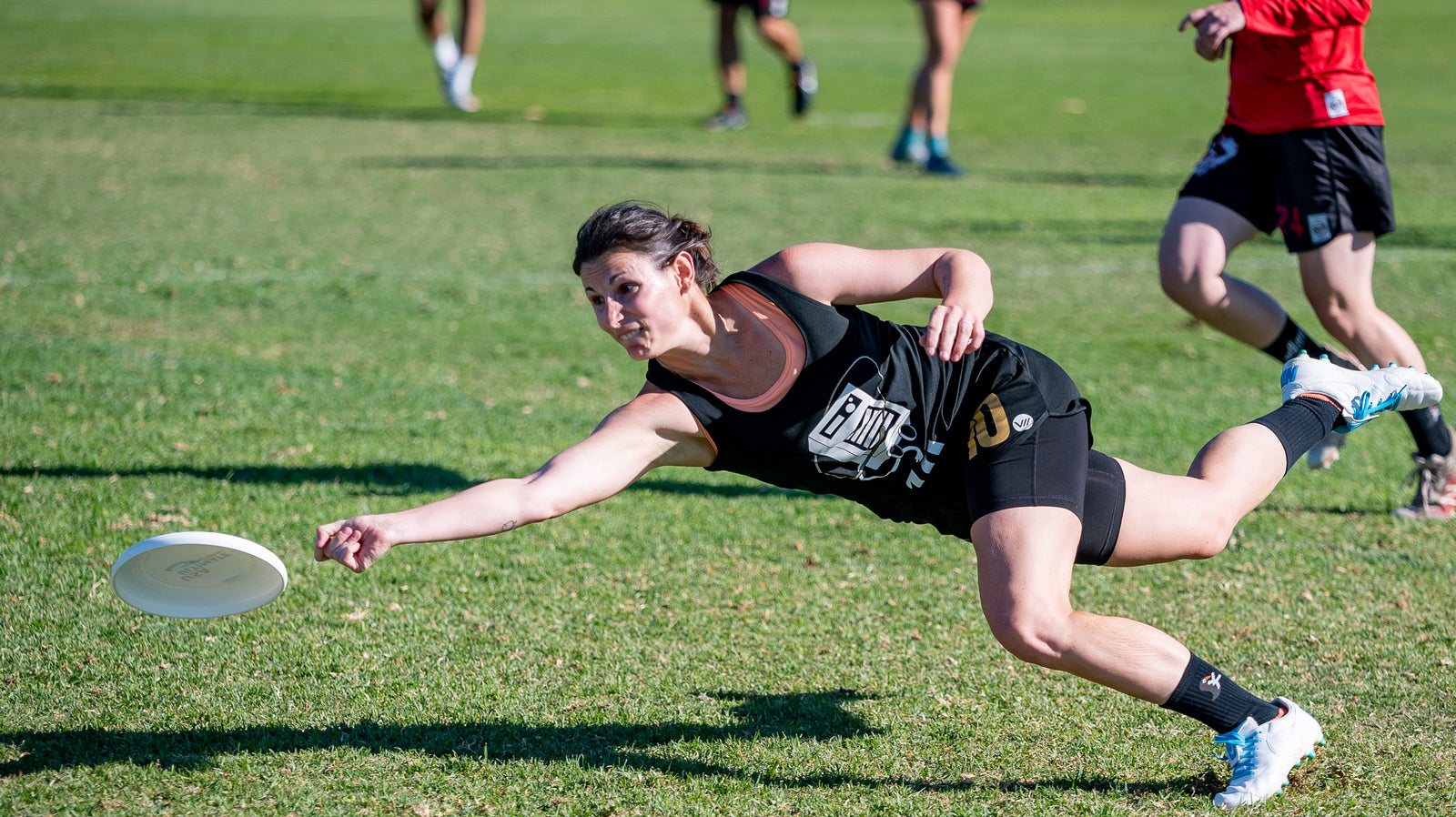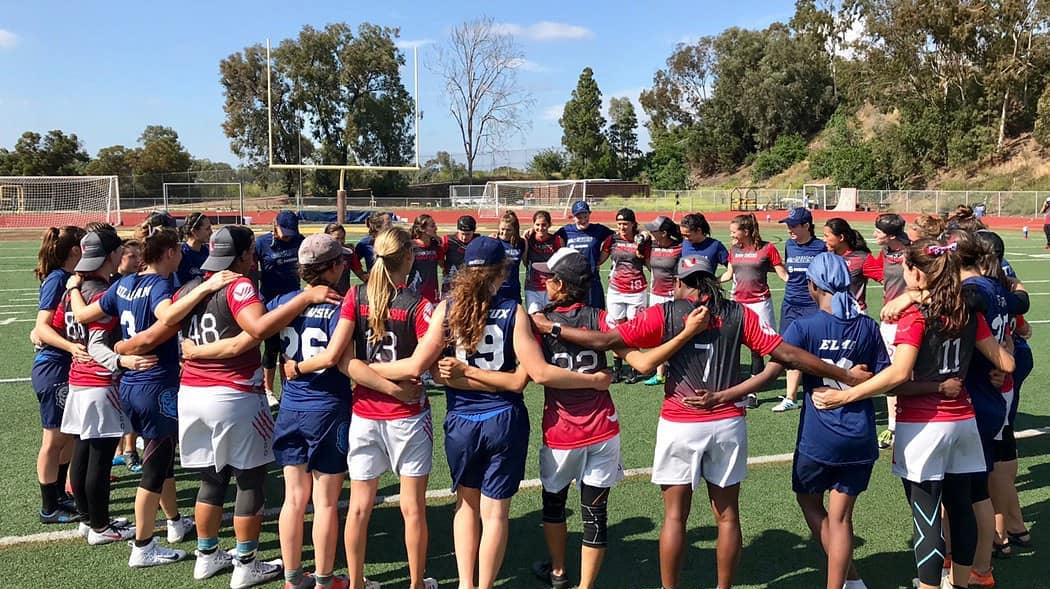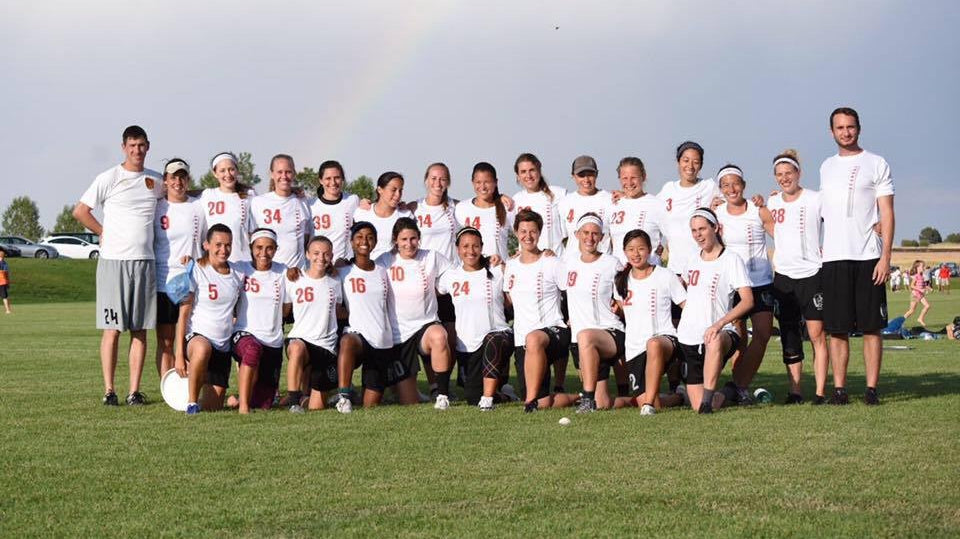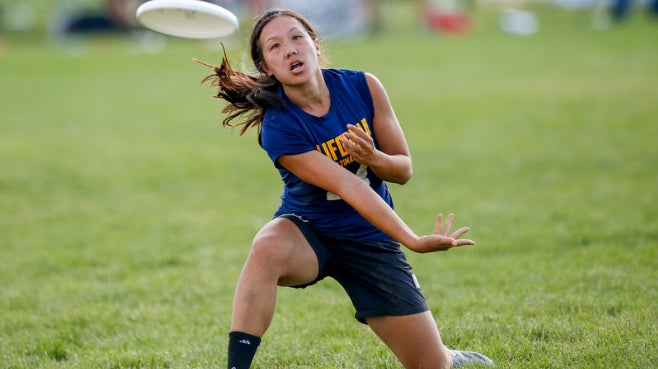News
Filter by
All
12daysofxmas
7 facts
7 Questions
ACLU of Virginia
Active Life
American Cancer Society
Anniversary
apparel
ARIA
artwork
AUDL
AUDL Partner Store
Avery Jenkins
Back to School
Beach Ultimate
beer
Black Friday
Black Lives Matter
black tide
BLM
Boston Glory
Breast Cancer Awareness Month
brew
broadway
Callahan
Canada
Captains
Central America
Charity
Clubs
Coat Drive
college dodgeball
College Ultimate
community
contest
copyright
Coronavirus
Costa Rica
COVID-19
craft
Culture
custom
Cyber monday
D-1
DC Ultimate
deal
deals
design
designer
devinsupertramp
dgpt
Disc Golf
Disc Golf Pro Tour
disc sports
dodgeball
Dodgeball Canada
dodgeball jerseys
Easterns
election
ESPN
ESPN2
Events
expanding
experinece
festival
festy
Five Ultimate
flag football
food
Fredericksburg
Free
free jerseys
freelance
frisbee
full time
fun
Fundraising
fundraising tourament
Games
Gear
gender equity
Giveaway
graphic designer
Greenbackr
GreenLine
Halifax
Hat Tournament
Hawaii
high
high school ultimate
High Tide
High Tide Ultimate Tournament
Hiring
holidays
hopu
hopu ka lewa
i bleed black
Inclusivity
Infographic
International Quidditch Association
interviews
IQA
IQA World Cup
jersey design
Jersey Giveaway
job openings
jobs
L.A. Aviators
LA Throwback
lucid
made for adventure
Madison Walker
Major League Quidditch
Mechanix
Mens
Merchandise
Mixed
MLQ
Mother of George
music
mystery jerseys
National Collegiate Dodgeball Association
NCDA
News
NGFFL
North Myrtle Beach
oberlin college
Off-Season
Olympics
ordering
Organizations
outdoors
Outerwear
Paintball
Partners in Pride
partnership
PDGA
personal training
Pride
Production
Professional Disc Golf Association
promotions
Q&A
Quidditch
Quidditch Premier League
Quidditch World Cup
race
racing
Rainforest
Real Men Wear Pink
Richmond
Richmond Kickers
road to Nationals
Roundnet
running
sale
San Jose
santa barbara
savage
Savage 101
Savage adopt a team
Savage Canada
savage day
Savage Life
savage sales
Savage Showdowns
Savage Squad
savage stories
savageultimate
Sectionals
Sky Zone
skyzone
Social-Distancing
Southern Series
Spidermonkeys
spikeball
spirit of the game
Sponsor
sponsored
Sponsorships
Sports
spot sub
Stand with Charlottesville
Store News
Tampa Bay Cannons
Team Building
Team Marketplace
Team Offers
Teams
Texas
Texas Cavalry
Texas Quidditch
The Doorways
Throw Pink
tide
Tournament
Tournaments
Toys for Tots tournament
training
trampoline
Travel
ucsb
udc
UltiGift
Ultimate
Ultimate Canada
ultimate college championships
Ultimate Dodgeball
ultimate dodgeball championship
Ultimate Frisbee
ultimatedodgeball
University of Richmond
updates
US Disc Golf
US Quidditch
US Quidditch Cup
USA Dodgeball
USA Ultimate
usau
UVA Hydra
varsity ultimate
vermont ultimate
Vermont Youth Ultimate League
video
VII
Virginia
Volcanic
Volcanic Tournament
Where's Savage
Winta Binta Vinta Fest
Women's
women's disc golf
women's dodgeball
Women's ultimate
World Cup
XII Brands
YCC
Yeti
youth
youth ultimate
Ultimate all-star Jenny Fey wants more inclusivity in the sport
In honor of National Girls and Women in Sports Day on Feb. 5, Savage is highlighting some of our favorite female athletes in some of our favorite sports throughout the week. First...
—
Erica Curran
WestCoast Women's Pro Ultimate takes off running
Professional women's ultimate frisbee has officially arrived in Southern California with WestCoast Women's Pro Ultimate, and Savage is proud to be outfitting the Los Angeles 99s and San Diego Wolfpack as...
—
Erica Curran
7 Questions with D.C. Scandal
Scandal is the #5 ranked women's ultimate team based in Washington, D.C., and Savage is proud to call them a Savage Select Team. We took a few minutes with Keila Strick...
—
Erica Curran
Checking in with 2018 Callahan winner Jackelyne “Kobe” Nguyen
USA Ultimate recently announced the winner of the 2018 Women's Callahan Award: Jackelyne “Kobe” Nguyen. A member of UC-Berkeley's Pie Queens, Kobe quickly went from being a completely inexperienced rookie to being...
—
Erica Curran




